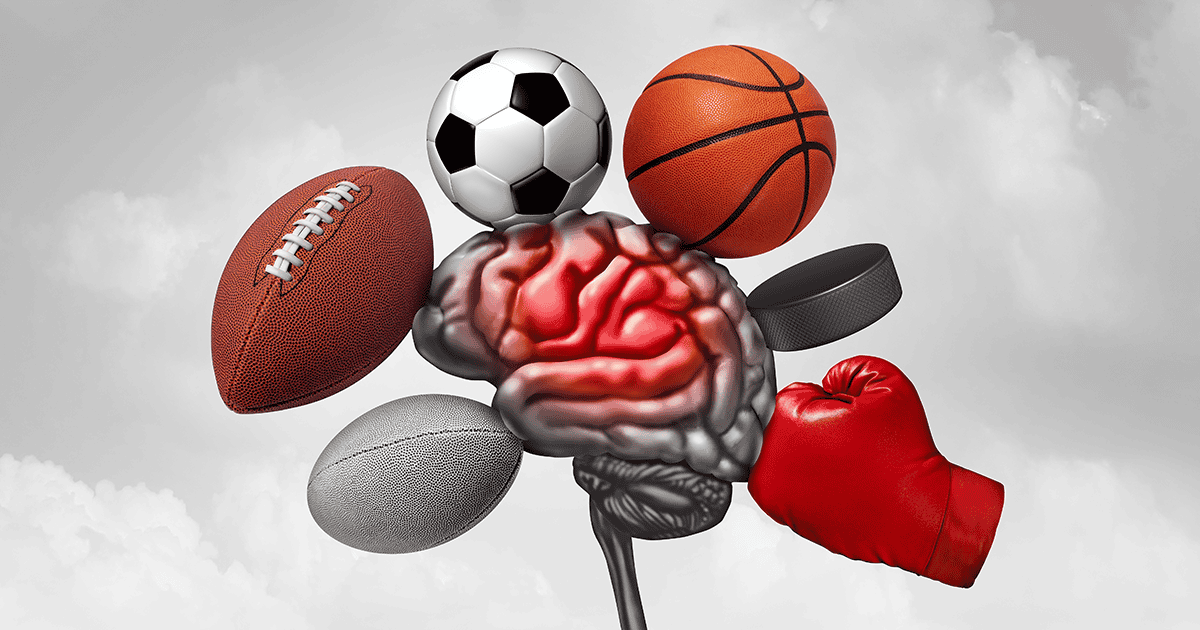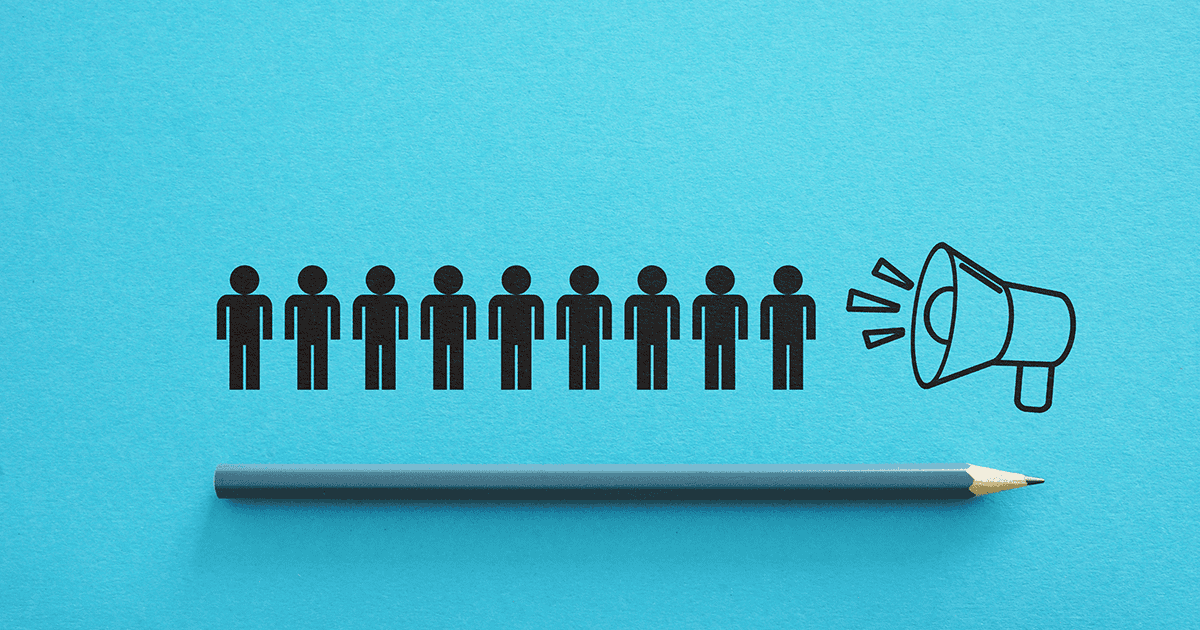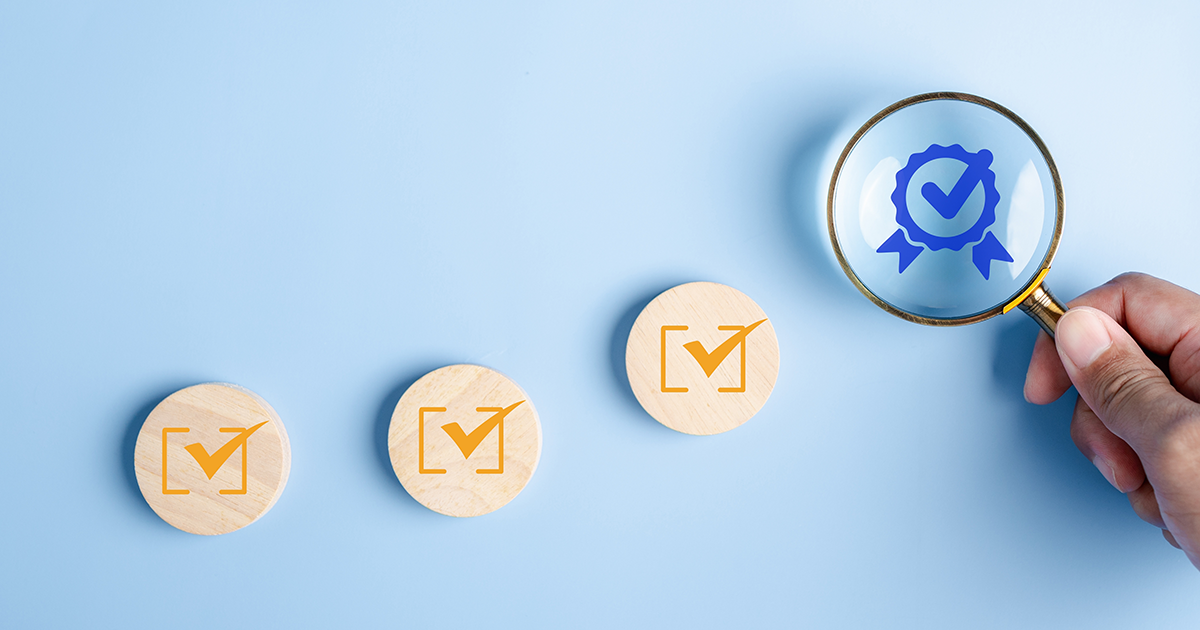Even before the COVID-19 pandemic, telehealth and remote audiology visits were increasing in frequency and popularity. D’Onofrio and Zeng (2021) reported that telemedicine was adapted to the profession of audiology to provide remote hearing screenings, diagnostic evaluations and several intervention services related to technology (hearing aid adjustments, cochlear implant programming etc.).
Bowers and colleagues took this idea one step further to investigate the feasibility of remote diagnostic hearing testing in children aged 4–7 years. Utilizing a cross-sectional comparative study design, the researchers compared results from traditional, face-to-face, pure-tone audiometry, otoscopy and tympanograms with these procedures done remotely. Results revealed that, air conduction thresholds via remote testing were within a clinically acceptable range of 10 dB HL from traditional thresholds at approximately 98 percent of cases. Bone conduction thresholds in 95-100 percent of children varied by less than or equal to 10 dB HL. Remote otoscopy and tympanometry interpretation had 78.6 percent and 92.2 percent agreement, respectively.
The authors conclude that, while on-site audiologists were used during the remote sessions (facilitator), most of the procedures could be carried out by non-audiologists. Due to the high reliability found in this study, the authors indicate that future directions could include speech-in-noise testing.
References
Bowers P, Graydon K, Tomlin D, Rance G. (2024) The reliability of remote diagnostic hearing assessment in school-entry-aged children. Int J Audiol 1–10.
D’Onofrio KL, Zeng FG. (2022) Tele-audiology: current state and future directions. Front Digit Health. 10;3:788103.
Recent Posts
Leveling the Playing Field at AAA 2026
Wednesday, April 22 | 12:30–2:00 pm Earn 0.15 CEUs Concussion care is no longer a single-discipline effort. As research continues to reveal concussion as a…
How to Get Patient Referrals through Your ABA Certification
Did you know that ABA publishes directories for each certification and certificate program on its website? Credential holders are sorted alphabetically by country, and then…
Update: General Audiology Board Certification Is Coming
Progress continues on the new General Audiology Board Certification (GABC) that will lead to a Board Certified Audiologist (BC-A) credential. The Development Task Force has…


